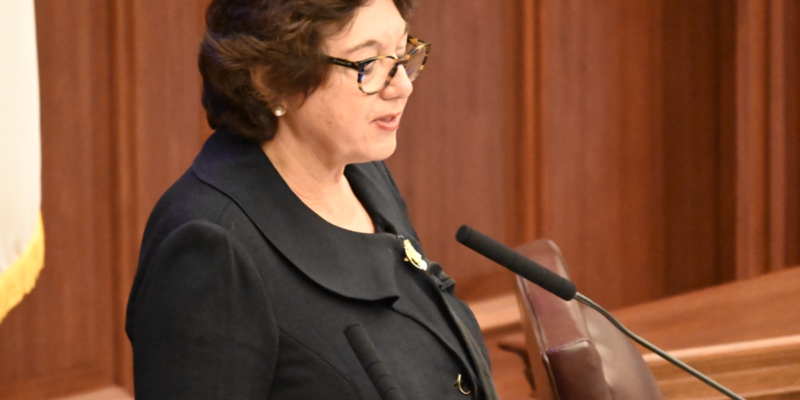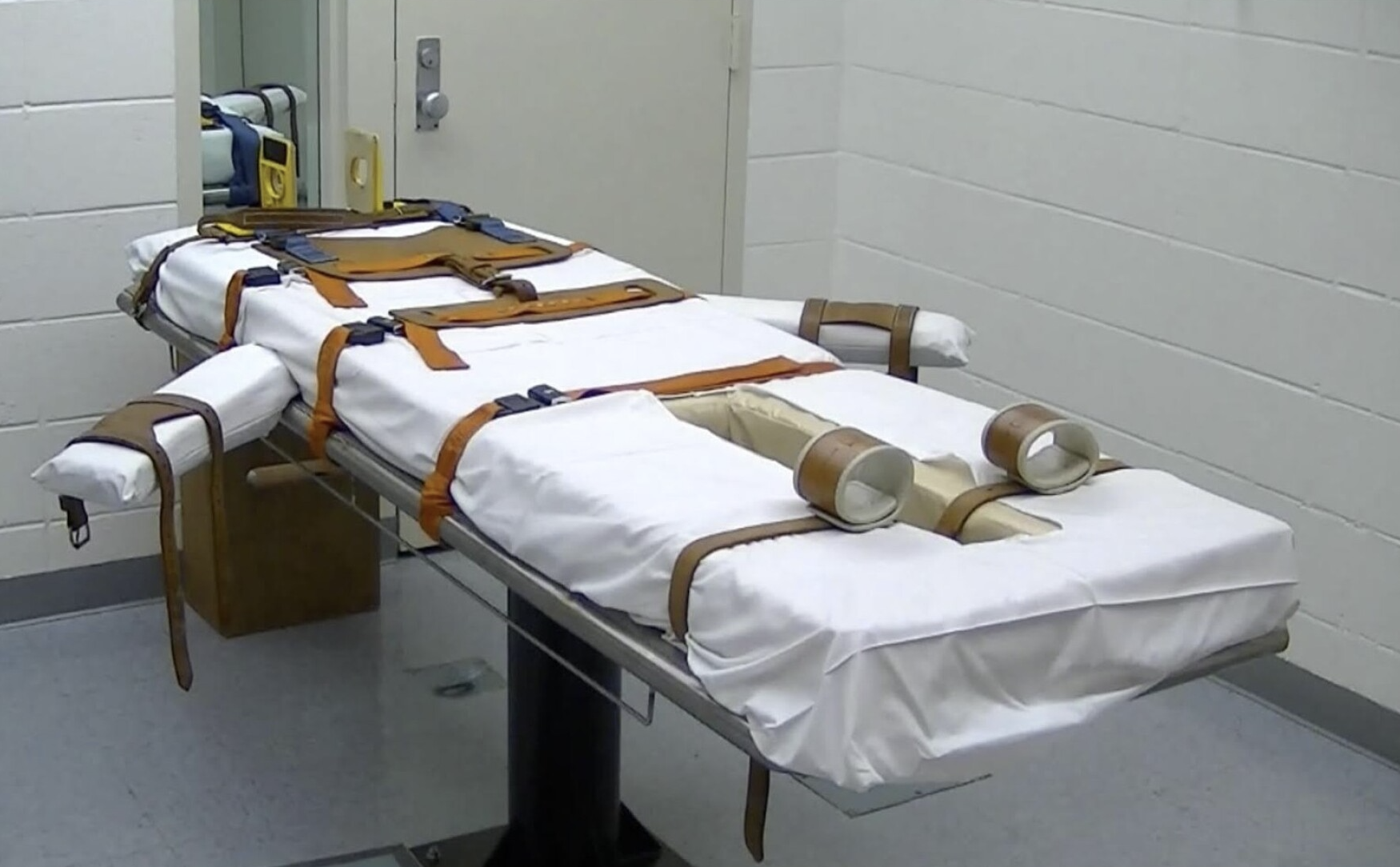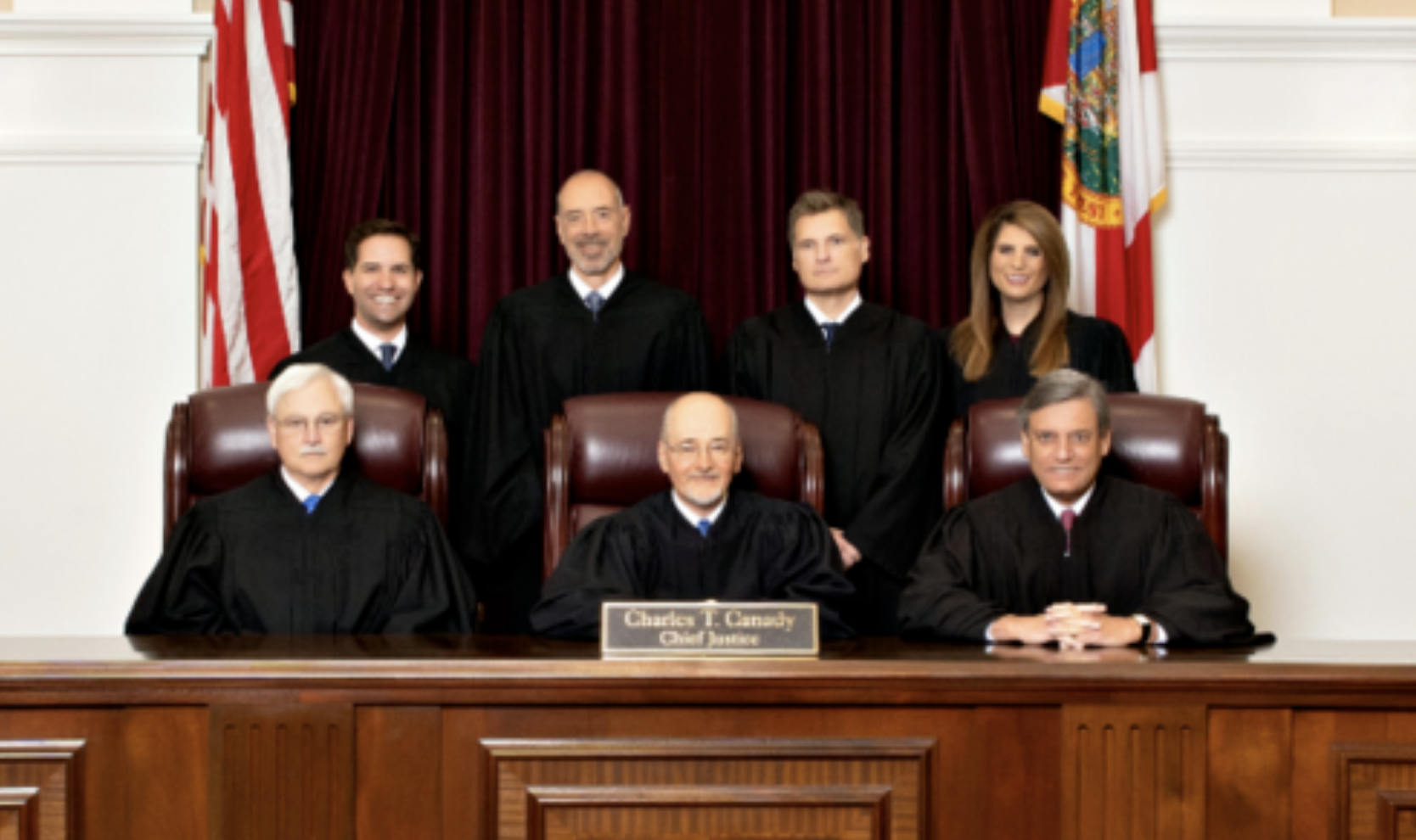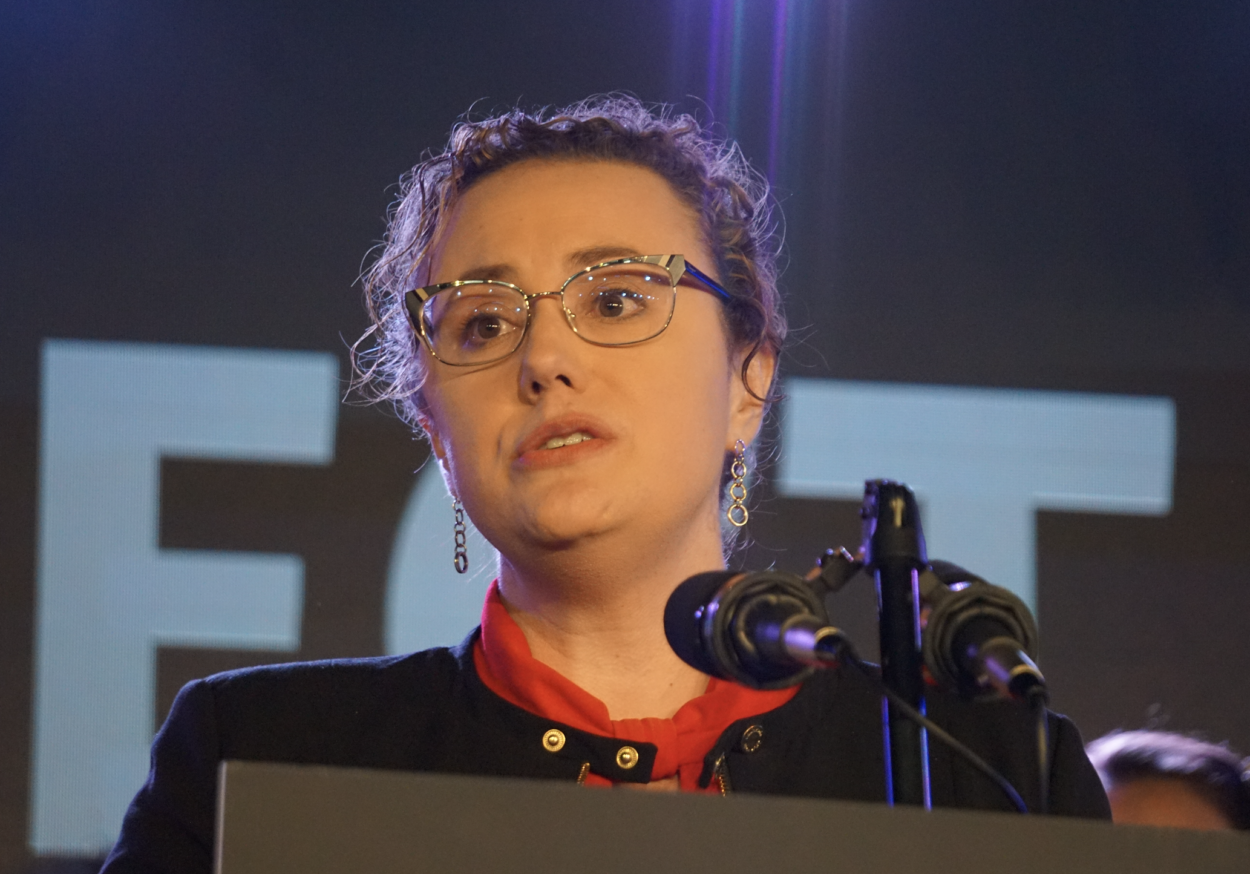TALLAHASSEE, FL—At a press avail Wednesday, Senate President Kathleen Passidomo seemingly announced the death of a controversial bill that would have expanded Florida's Wrongful Death Act to unborn children. The bill had become a hot topic of debate for conversations involving abortion, IVF, and fetal personhood.
"It needs more work," Passidomo, a Republican, told reporters this morning. SB 476, by Republican Sen. Erin Grall, would have allowed parents to collect civil damages for the wrongful death of their unborn child, defining the child as a person with rights at any stage in development.
She explained the difficulty of discerning culpability during the loss of early pregnancy, adding, "I commend Senator Grall for her thoughtfulness in trying to thread the needle, and I think she'll probably come back next year with a better product that everybody kind of can look at where it's not been weaponized by advocates on both sides for something that it is not,"
"To do a personhood bill or an abortion bill in a liability statute is wrong, and I think we have to sort that out."
On Monday, the bill was suddenly postponed in its final committee stop—the Rules Committee. This was the final Rules Committee of the 9-week Legislative Session, meaning unless Passidomo had plans to call another meeting exclusively for SB 476, Sen. Grall's bill would be dead for the year. Due to the Senate President's Wednesday comments, it doesn't seem likely.
When Sen. Grall chose to define "unborn child" as a person with rights, it infuriated Democrats and other abortion rights advocates. They claimed this definition is one dealing with fetal personhood, which is the very concept currently being debated by the Florida Supreme Court.
The Court is set to decide on the "Amendment to Limit Government Interference with Abortion”, which would protect Floridians' right to an abortion, by April 1.
Further Democratic fears of the bill stemmed from the Alabama Supreme Court's recent decision that frozen embryos are considered children, with the same rights as any other human. Alabama expanded its own Wrongful Death Act to these "extrauterine children", causing its largest hospital to halt IVF treatment.
This led Florida Democrats to worry that the Sunshine State would face the same fate as the Heart of Dixie if Sen. Grall's bill was to pass.
The Florida Supreme Court still must decide on the state's 15-week abortion ban, passed in 2022. If it is ruled constitutional, Sen. Grall's six-week abortion ban past last year will automatically go into effect.










